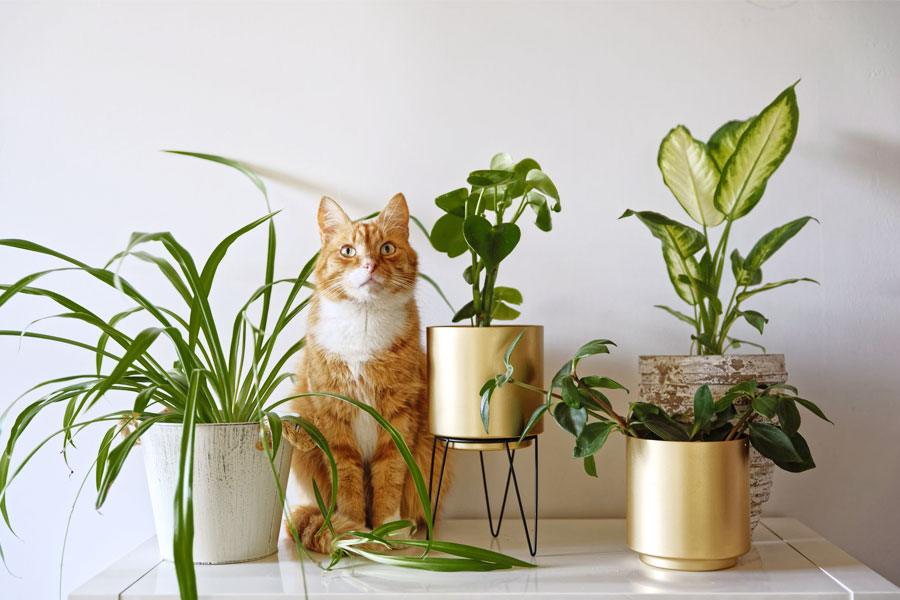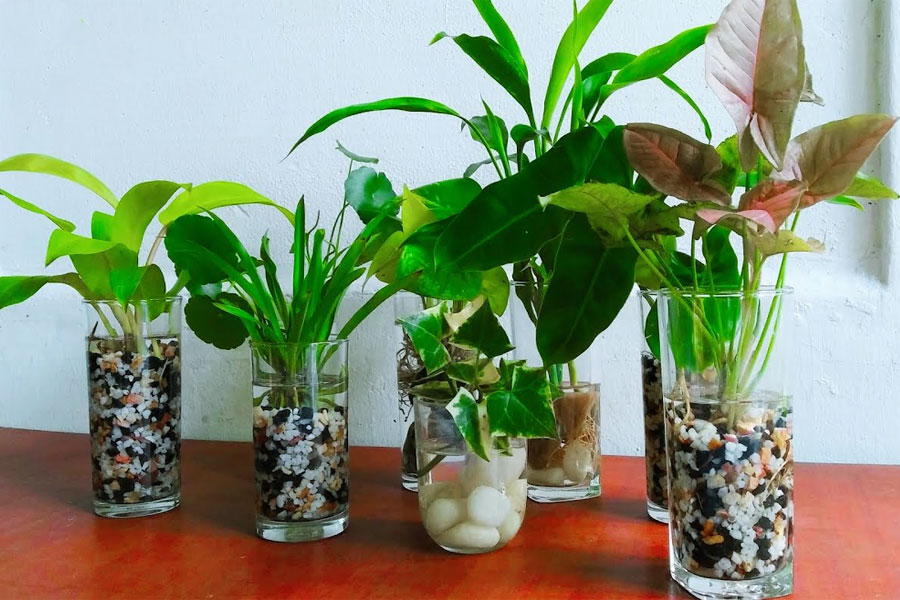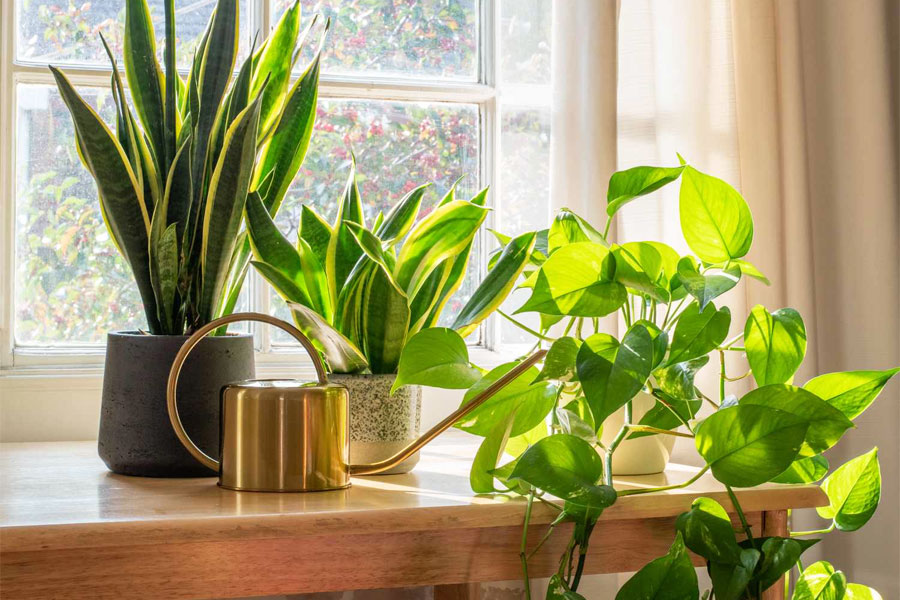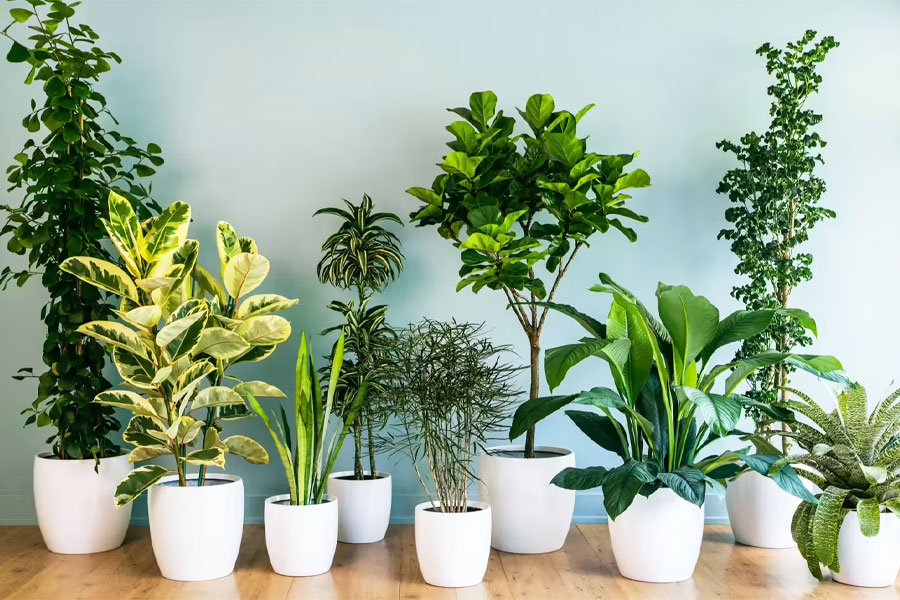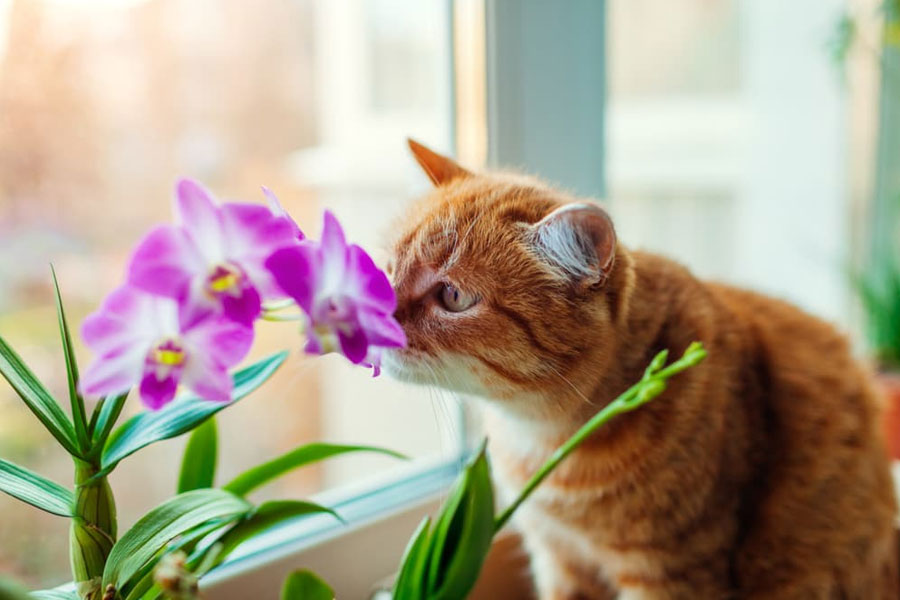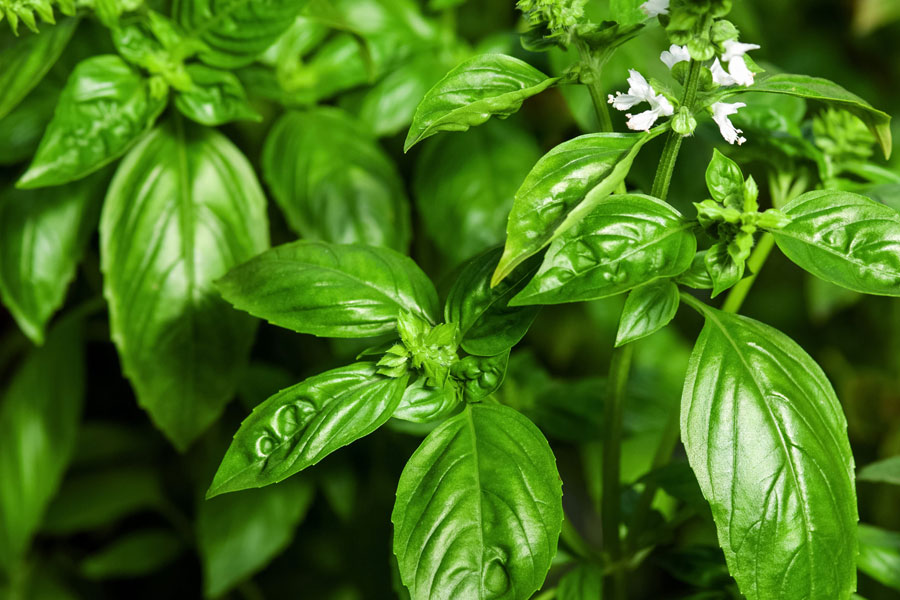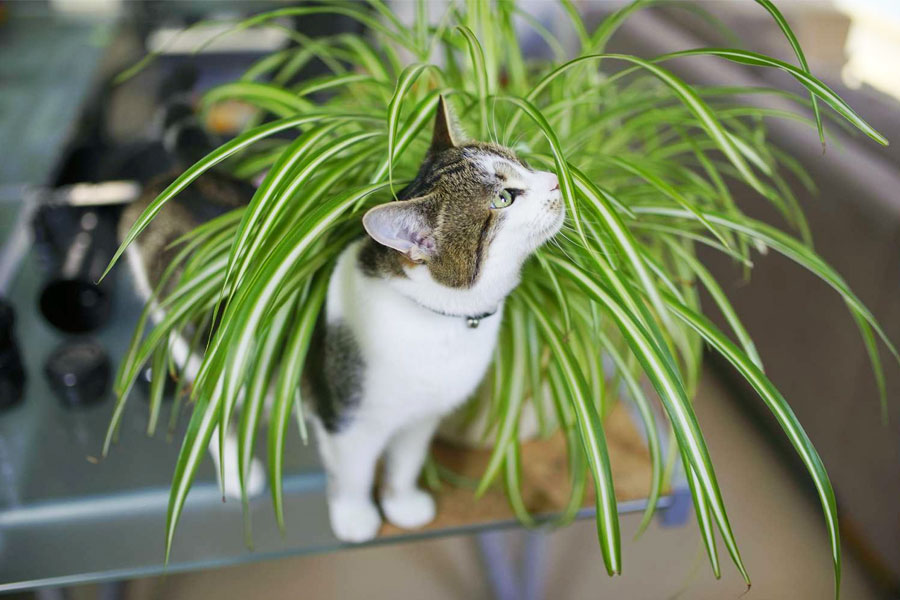
The spider plant is popularly known as Chlorophytum Comosum. It is a popular and easy-to-grow houseplant that one can use for decorating one’s home. These plants have attractive foliage and air-purifying qualities. It is a widely chosen plant and gives many benefits. As an indoor plant, people sometimes become afraid that it can harm their pets. So, this article will help you to understand the answer to the question, “Are spider plants toxic to cats or not?”
What are Spider Plants?

The scientific name of the spider plant is Chlorophytum comosum. It is usually called a spider plant or a common spider plant. These plants look like spiders, which is why their name becomes spider plant and also known as spider ivy, aeroplane plant, ribbon plant. It is a species of evergreen perennial flowering plant of the family Asparagaceae.
These unique plants have perfectly long and narrow leaves which are mostly green with a white or yellowish stripe running down the center. The length of these leaves is up to 12 to 18 inches long. These leaves form a dense, fountain-like clump. Spider plants don’t produce a lot of flowers. Some plants occasionally produce small, white star-shaped flowers on long, thin stems called inflorescences. The stems of these flowers can grow 2 feet long and often develop plantlets.
These spider plants need a bright place where light lies indirectly. It grows better in lower light conditions. If one keeps it in the Direct sunlight then it can scorch the leaves.
Are Spider Plants Toxic to Cats?

Most people use these plants as decorative indoor plants, and they become worried about “Are spider plants toxic to cats?”.
These plants are non-toxic and not harmful to any pets. As an indoor plant, people become worried, and that is why the American Society for the Prevention of Cruelty to Animals (ASPCA) researches these plants. After researching, they found that these plants are non-toxic to cats, dogs, and horses.
However, sometimes cats eat these plants a huge amount which can make an issue. This is due to the plant’s mildly hallucinogenic properties, which can cause cats to experience digestive upset, such as vomiting or diarrhea.
What do you do if your cat eats spider plants in a large amount?
If your cat eats a huge amount of plants then make sure your cat has access to fresh water to stay hydrated, especially if they vomit or have diarrhea. And then you can take the advice from a Veterinarian. Tell them about the symptoms and then take the precautions.
How to Prevent Your Cat From Eating Spider Plant?

So here are some recommendations for the cat owners to keep your cat safe from spider plants.
1. Moderation
The limit of plant consumption is really safe for your pet. So if you always stay at home, then only you can check them out, and if you watch them eating those leaves, then try to limit it. Do not let your cat eat a huge amount.
2. Alternative Plants
Basically, it is not easy to monitor them all the time, so try to focus on this problem. As you know now, huge amounts of spider plants are toxic to cats, so try to replace them. You can choose any Cat-friendly plants, like cat grass, to satisfy your cat’s urge to chew on greenery. Then, it will not harm your pet.
3. Placement
To make sure your pets are safe and if you want to keep your spider plant too, it is important to place these in areas that are difficult for your cat to reach, such as hanging baskets or high shelves.
Frequently Asked Questions
1. Why are spider plants attractive to cats?
Spider plants have a mild hallucinogenic effect on cats, similar to catnip, which can make them appealing to play with or chew on.
2. What symptoms might a cat show if it eats a spider plant?
A cat might show symptoms like vomiting, diarrhea, and mild stomach upset after eating a spider plant.
3. How can I keep my cat away from my spider plant?
You can keep your cat away by placing the plant out of reach, using deterrent sprays, or providing cat-friendly plants like cat grass.
4. Are there any long-term effects on cats from eating spider plants?
There are no known long-term effects on cats from eating spider plants, but it’s best to limit their access to prevent digestive issues.
5. What should I do if my cat eats a spider plant?
If your cat eats a spider plant and shows signs of distress or persistent symptoms, contact your veterinarian for advice and possible treatment.
Conclusion
Spider plants are non-toxic to cats, but one should always monitor your pets around houseplants to ensure their safety and well-being.

